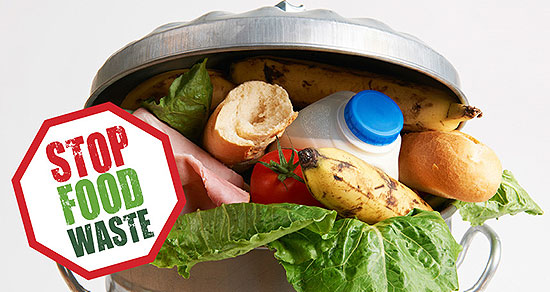On December 10, there was a virtual plenary session of the EU Platform on Food Losses and Food Waste (FLW) that served as an opportunity for Member States and stakeholders to come together and take stock of the progress made up until now.
To kick off the event, the European Commission informed about future strategies, such as the date-marking strategy, that will be proposed in late 2022 and the re-establishment of the EU Platform on FLW at the end of its current mandate in 2021. Alexandra Nikolakopoulou from DG SANTE gave an update on the implementation of the Farm to Fork (F2F) Strategy. The European Commission will propose a contingency plan that aims to establish a mechanism for times of crises that ensures a resilient food system with access to nutritious and safe food. After, the German Presidency of the Council assessed Member State’s actions to prevent food loss and waste. Their evaluation showed, that almost all Member States have adopted national strategies or non-legislative instruments and all have measures in relation to consumer information in place. However, there is still a long way to go. A lot of Member States are for instance still in the implementation phase of food waste measurement methodologies. The European Commission added that all Member States carried out awareness raising campaigns, almost half are integrating FLW prevention in other policy areas, but very few have really assessed the effectiveness and efficiency of their actions. An online EU Food Loss and Waste Prevention Hub is currently being developed and will be released in 2021.
The second part of the conference was dedicated to sharing best-practice examples of food waste prevention actions. First, the European Food Banks Federation (FEBA) gave an update about the activities from Food Banks in Europe (read the presentation here) and explained the impact of the COVID-19 crisis on the daily activities of Food Banks and how they adapted through simplifying and modifying distribution modes or the use of digital tools, such as the FEBA Online Observatory on Food Donation.
Several stakeholders gave short presentations on their actions to prevent FLW, such as the FeedUp@UN initiative by the FAO, a Guidance on date-marking and food information based on micro-biological data presented by EFSA, as well as an awareness raising campaign in relation to date-marking by Too Good To Go in France. Lastly, three stakeholders shared their hands-on expertise of preventing food waste in the hotel sector, healthcare facilities and canteens.
Watch the video recording of the meeting and read all the presentations here.




